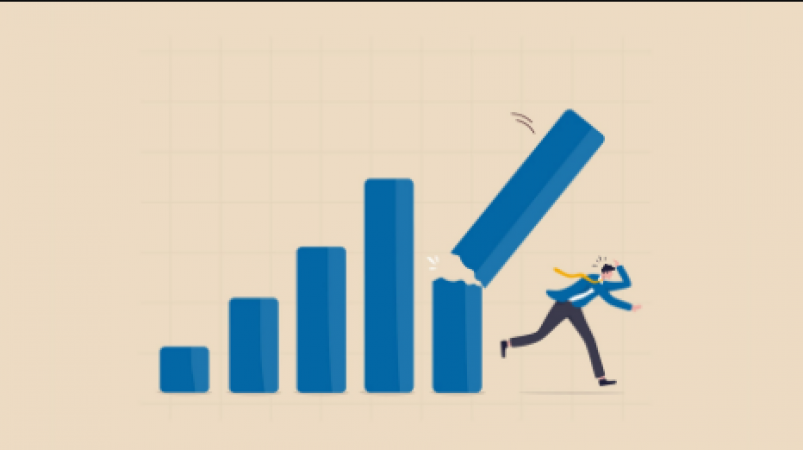
USA: The global economy will stagnate in 2023 despite crossing the $100 trillion mark for the first time in 2022, according to the British consultancy's annual World Economic League Table. That's because policy makers will continue to fight to rein in rising prices.
According to Daniel Neufeld, director and head of forecasting at CEBR, a rise in interest rates in response to high inflation could lead to a recession in the global economy next year.
The report further said, "The fight against inflation is still on. Despite the negative economic effects, we expect the central banker to hold steady in 2023. The worsening growth outlook for several years will bring inflation down to more bearable levels." But there is a price to be paid."
Also Read: There is no escaping this slowdown in the world economy in 2023
Compared to the most recent IMF forecast, the findings are more pessimistic. The organization issued a warning in October saying that more than a third of the world's economies will contract and there is a 25% chance that there will be a global recession in 2023, when global GDP grows by less than 2%.
Nevertheless, as developing economies catch up with the wealthy, global GDP will double by 2037. By 2037, East Asia and the Pacific will account for more than a third of global production, while Europe's share will drop to less than a fifth due to shifting power dynamics.
Also Read: Oil prices are rising as China relaxes COVID-19 restrictions.
CEBR uses an internal model to forecast growth, inflation and exchange rates. It bases its predictions on data from the IMF's World Economic Outlook.
The world's largest economy will not overtake China until 2036 at the earliest, which is six years later than projected. This is a result of China's zero COVID policy and rising trade tensions with the West, both of which have hindered the country's development.
CEBR originally projected the switch to occur in 2028, but the league table from the previous year delayed it to 2030. It currently believes the cross-over point will not occur until 2036, and it could be even later if Beijing tries to annex Taiwan and is met with trade sanctions in response.
Also Read: Clean energy objectives may provide the ideal platform for cooperation in a divided world
"The effects of the economic conflict between China and the West will be much worse than what we have already experienced as a result of Russia's invasion of Ukraine. A sharp global recession and a rise in inflation are almost certain," according to the CEBR.
However, China will suffer more, which could jeopardize efforts to prop up the global economy.